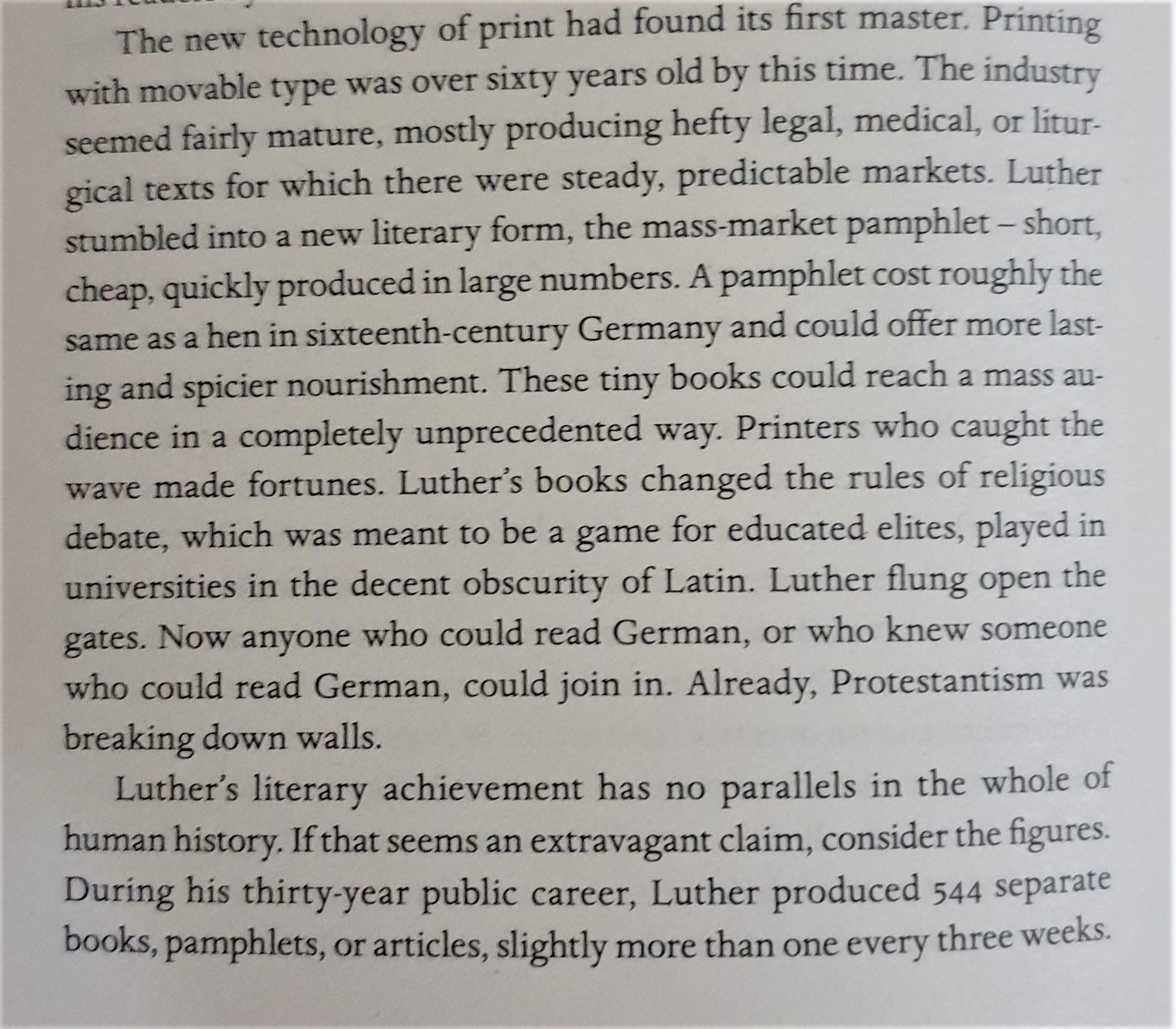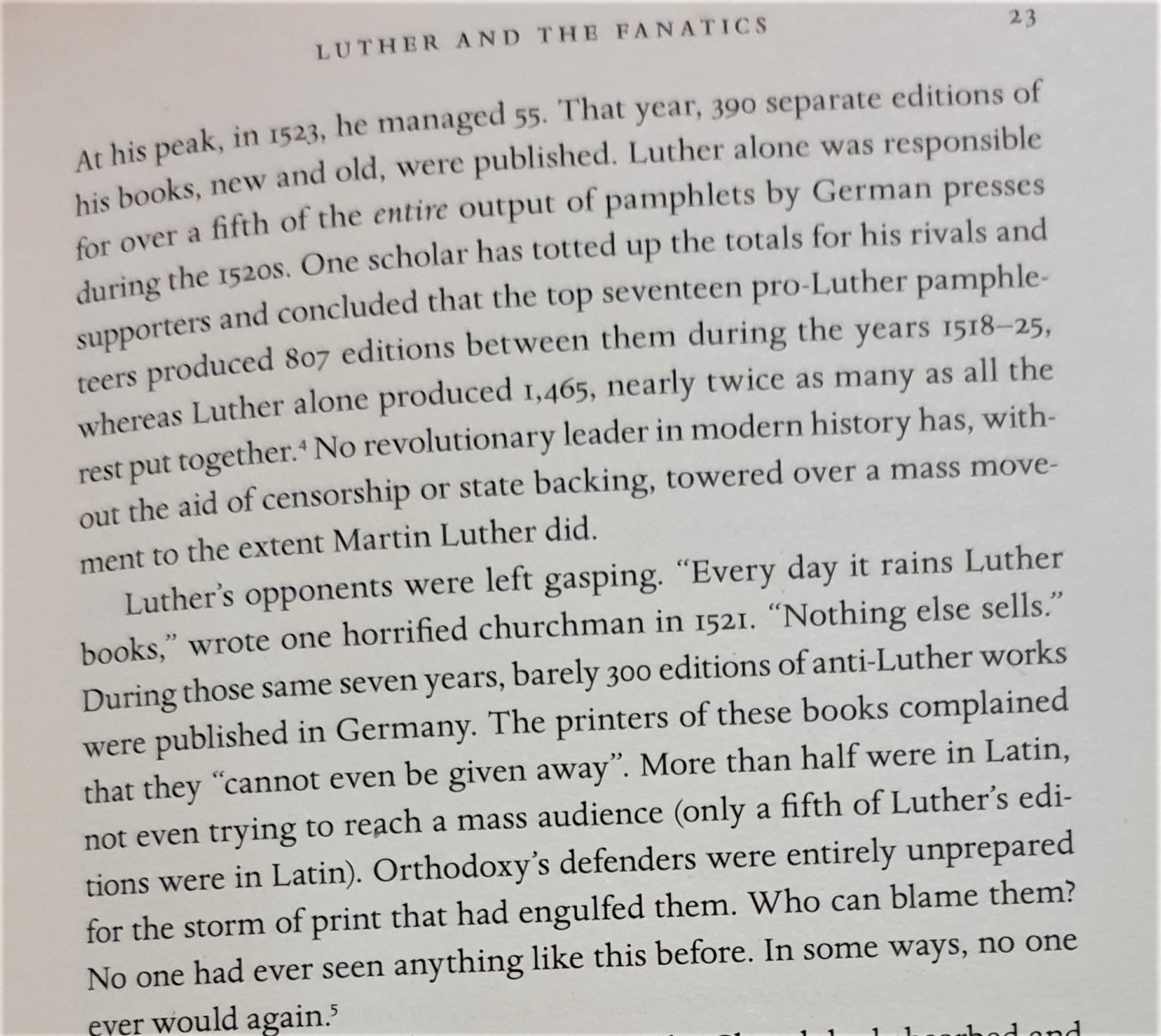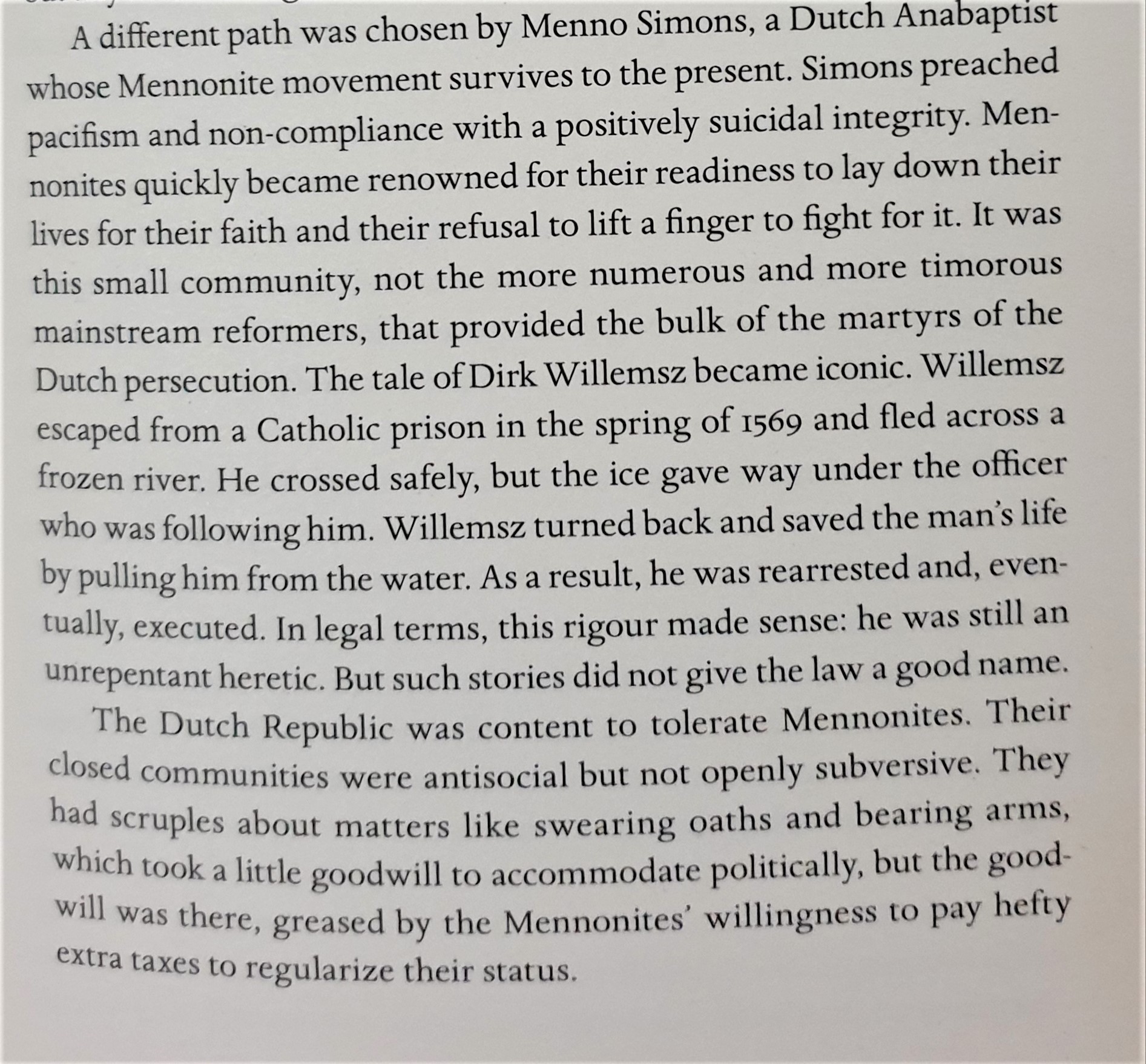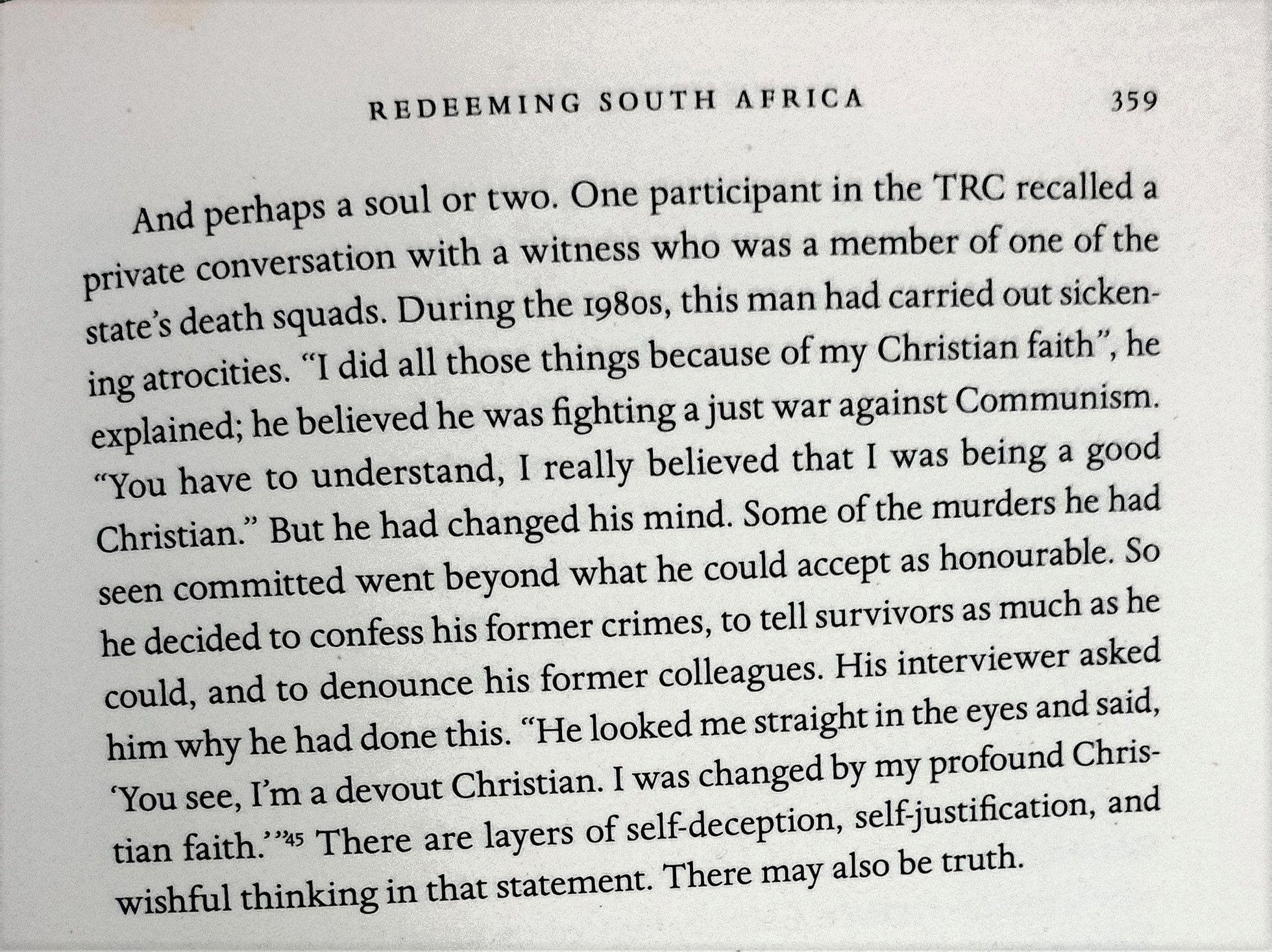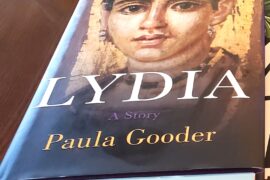For a movement that is rooted in a love affair, Protestantism’s history is littered with violence, sharp disagreement and endless isolations. This sweeping book takes an extensive and historical look at the dominant form of Christianity which was kick-started by Martin Luther’s protest letter in 1517 and metamorphosed over the centuries into seemingly unrelated and unagreeable family members – diverse and quarrelsome.
The upheaval that Martin Luther triggered inspired one of the most creative and destructive movements in human history. Protestants are divided from one another by their belief but tied together by a deeper unity of emotion and mood. Emotion plays a critical part in Protestantismbecause after all, it is a love affair at its root. Luther’s initial gross against the Catholic church was the legalistic work tendencies when he declared that salvation was a gift of love.
A key ingredient of the modern world that is rooted in protestant Christianity is free inquiry. In protesting against the papacy, Luther insists that all human authority in religious matters is provisional and that the Christian is only subject to the bible and the Holy Spirit. This refusal to be policed and order restricted meant that dissent and new ideas (interpretations) has been the hallmark of the movement over the past five centuries. The fact that the church, in general, has also not been a paradise of free speech means violence and isolation (excommunication) has also been present in the history of the Protestant church.
This is a thorough book that examines the role and impact of Protestantism in world wars, apartheid, communism and slavery in every part of the globe. An interesting read that does not sugarcoat the facts of the history of this diverse movement that seems to always be on the move. No one knows for what sure what next it has up its sleeves.
The only down side of the book is that it is titled as one that describes how the movement shaped and probably still shaped the modern world. I expect more of that especially as it concerns capitalism, globalism and work ethics. Al in all, it is a good read.
3.2/5
